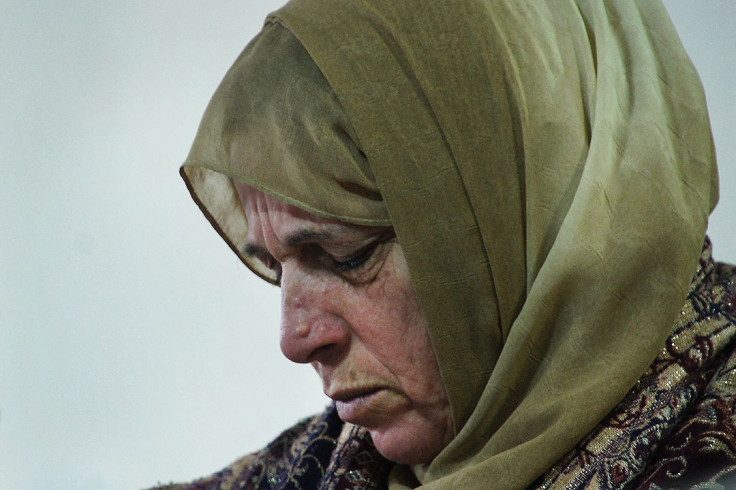Minority Women More Likely To Believe Cancer Diagnosis Is ‘Fate’ And Hold Off On Screenings

Minority women face many unique healthcare challenges, and researchers from the United Kingdom may have just added another to the list — a poor psychological outlook on cancer diagnosis.
The study, published by scientists from the Cancer Research UK Health Behaviour Research Centre, based at University College London (UCL), found women from ethnic minorities in the UK are more likely to believe being diagnosed with cancer was “fate” and that their condition is incurable. The team believes this may explain why ethnic minority women are less likely to see their doctor about possible cancer symptoms, and less likely to undergo cancer screening. The research included white British, Caribbean, African, Indian, Pakistani, and Bangladeshi women.
Cancer fear and fatalism tended to be higher in women of ethnic minority groups. Between 26 and 38 percent of ethnic minority women believed cancer was incurable, while no white British women believed this. At least half of Indian, Pakistani, and Bangladeshi women — 50 percent, 52 percent, and 63 percent respectively — believed getting cancer was their “fate,” along with nearly a quarter of Caribbean women. Only six percent of white British women thought of the condition this way.
Women who had migrated to the UK as children, regardless of ethnic origin, were also more likely to worry or feel uncomfortable thinking about cancer than women born in the UK: 30 percent compared to 15 percent. A similar trend occurred in women who did not speak English well (31 percent compared to 19 percent of women who did speak English well) and women who found it difficult to understand health information (35 percent compared to 18 percent).
A previous study using the same women, whose data came from the sampling service Ethnic Focus, found those from ethnic minority backgrounds were less likely to attend cervical screening than white British women.
“It’s alarming to see such high percentages of women feeling afraid of cancer,” said study lead author Charlotte Vrinten, from the Cancer Research UK Health Behaviour Research Centre, in a press release. “We know that fearing cancer means some people avoid taking part in cancer screening or seeing their doctor with symptoms, and there’s evidence this is true for white women and those from ethnic minority backgrounds too. This may be especially true when women also believe that nothing can be done about cancer.”
Vriten explained that an undue fear of cancer could cost women their lives if it means avoiding screening or seeing medical professionals with symptoms. She said it is important to share the message that cancer outcomes are improving, and that cancer shouldn’t be met with the same kind of fatalism it used to garner.
Jayshree Jhala, a 78-year-old breast cancer survivor, echoed this sentiment.
“After recovering from my treatment I decided that I wanted to put my experience towards helping other women in the Asian community,” she said in a statement. “I felt that if my help could save one person’s life then I had made a difference. In my work I see that some people aren’t willing to share their experiences and keep their illnesses a secret as they feel that people will think badly of them…in this day and age — when medicine and research have made great advances — cancer shouldn’t still be seen as a taboo subject or as a death sentence.”
SourceL Vrinten et al. Cancer fear and fatalism among ethnic minority women in the UK. British Journal of Cancer. 2016.
Published by Medicaldaily.com



























